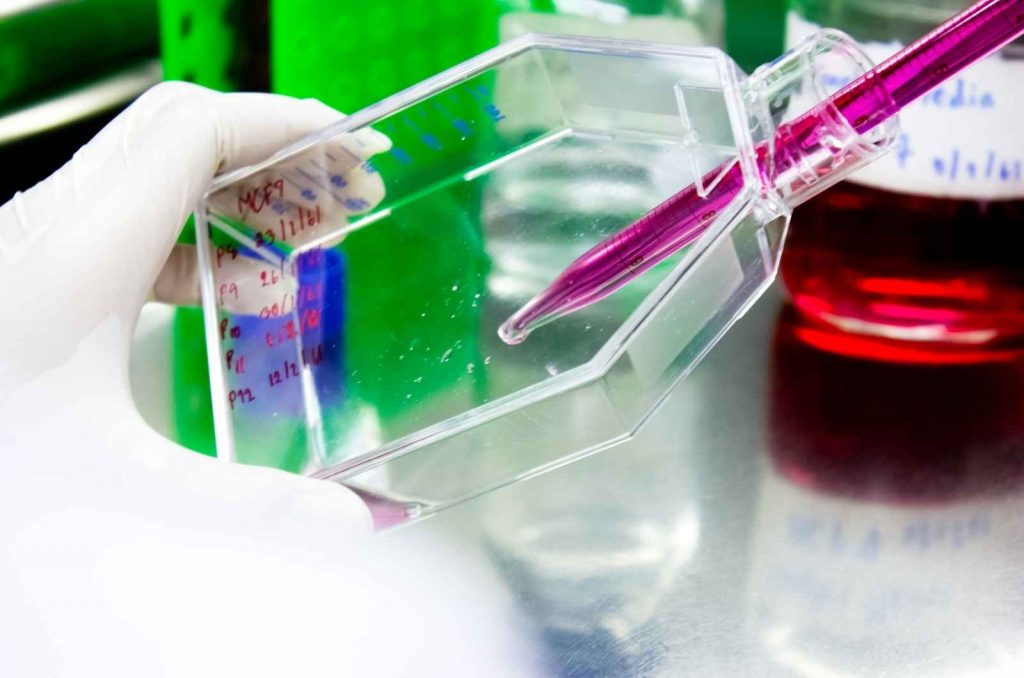
In the fascinating world of biological research and medical diagnostics, cell-based tests stand out as vital tools that bridge the gap between theoretical knowledge and practical applications. These tests allow scientists and healthcare professionals to explore cellular responses to various stimuli, including drugs, toxins, and physical changes. Through this article, you'll dive into what cell-based tests are, discover their importance, and get acquainted with examples that are pivotal in laboratories around the globe. Get ready to unlock the secrets of cells and understand how they're harnessed to push the boundaries of science and medicine.
?What Are Cell-Based Tests
Cell-based tests are experimental procedures that use living cells to investigate the biological activity of substances, such as drugs, chemicals, or biological compounds. These tests serve as a bridge between in vitro (test tube) experiments and in vivo (living organism) studies, offering a more realistic insight into how substances interact with living cells. Unlike simpler biochemical assays that may only test the interaction between a molecule and a single target, cell-based assays provide a complex environment where multiple cellular processes and pathways can be observed and measured.
The versatility of cell based assay lies in their ability to mimic the natural physiological conditions of living organisms more closely than traditional biochemical assays. This means they can provide valuable information on the efficacy, toxicity, and mechanism of action of potential therapeutic agents. Whether it's evaluating how a new drug kills cancer cells, understanding how a toxin affects cell viability, or exploring how cells respond to a new biomaterial, cell-based tests are indispensable tools in the toolkit of researchers and clinicians alike, pushing the frontiers of our understanding of biology and medicine.
Why Are Cell-Based Tests Important in Biological Research?
Cell-based tests are crucial in biological research because they provide a more accurate representation of how substances interact within a living system. By utilizing living cells, these tests help researchers understand the complex dynamics of cellular responses, including growth, death, gene expression, and protein functions under various conditions. This level of detail is essential for deciphering the mechanisms behind diseases, evaluating the potential effects of pharmaceuticals, and developing new therapies.
The importance of cell-based tests also lies in their ability to bridge the gap between laboratory research and clinical applications. They offer a preliminary assessment of how a drug or compound might behave in the human body, thus playing a pivotal role in drug discovery and development processes. By identifying promising candidates early on, cell-based tests can significantly reduce the time and cost associated with bringing new treatments to market.
Furthermore, cell-based assays contribute to the ethical aspect of research by reducing the reliance on animal testing. By providing relevant biological insights before progressing to animal models, these tests help to ensure that only the most promising compounds move forward, minimizing the need for animal experimentation. In essence, cell-based tests are indispensable for advancing our understanding of biology and for the development of safer, more effective medical treatments.
Which Cell-Based Tests Are Commonly Used in Laboratories?
In laboratories across the globe, a variety of cell-based tests are routinely employed to investigate cellular processes and test the effects of substances on living cells. Some of the most commonly used tests include:
- Cytotoxicity assays: These tests measure how toxic a compound is to cells. By assessing cell viability or death after exposure to a substance, researchers can determine its potential harmful effects. The MTT assay, for example, is a popular method that measures the metabolic activity of cells to assess their viability.
- Proliferation assays: These are used to evaluate the ability of cells to grow and multiply, which is particularly important in cancer research and drug development. The BrdU assay is a common choice, relying on the incorporation of a synthetic nucleoside into DNA as an indicator of cell proliferation.
- Apoptosis assays: Understanding how and when cells undergo programmed cell death is crucial for numerous fields, including oncology and neurobiology. Assays like the Annexin V assay help researchers identify and quantify apoptotic cells by detecting specific markers indicative of early and late stages of apoptosis.
- Reporter gene assays: To study gene expression and regulation, reporter gene assays are indispensable. These tests involve introducing a reporter gene, such as luciferase, into cells and measuring its activity, which reflects the activity of the regulatory elements under investigation.
Each of these cell-based tests offers unique insights into cellular functions and responses, making them invaluable tools for advancing biological research and developing new therapeutic strategies.
Cell-based tests are pivotal in the realm of biological research and medical diagnostics, offering a window into the complex interactions within living cells. These tests, ranging from cytotoxicity and proliferation assays to apoptosis and reporter gene assays, provide essential insights into cellular responses, drug efficacy, and the mechanisms of disease. Their importance cannot be overstated, as they bridge the gap between theoretical research and practical applications, enabling the development of new treatments and advancing our understanding of human biology. Embracing the power of cell-based tests propels science forward, paving the way for groundbreaking discoveries and innovations in healthcare.
